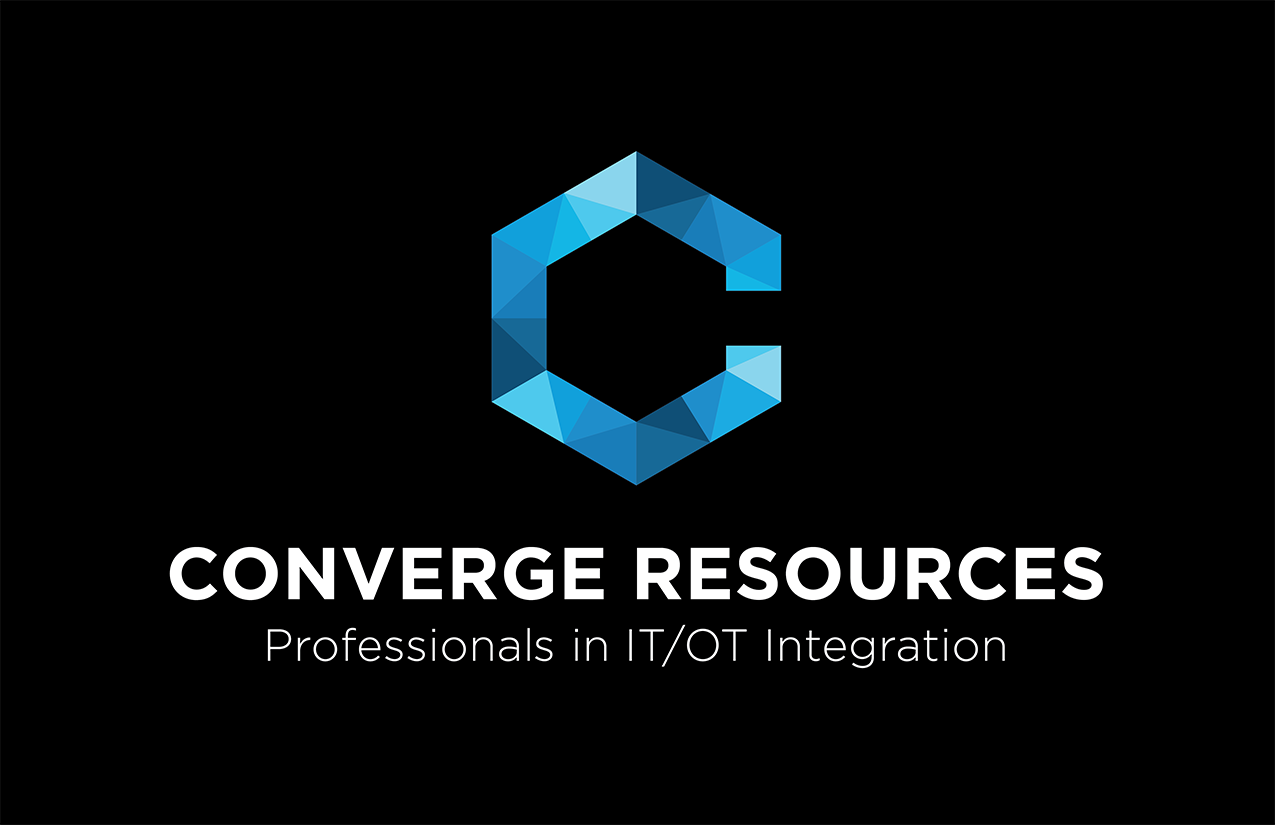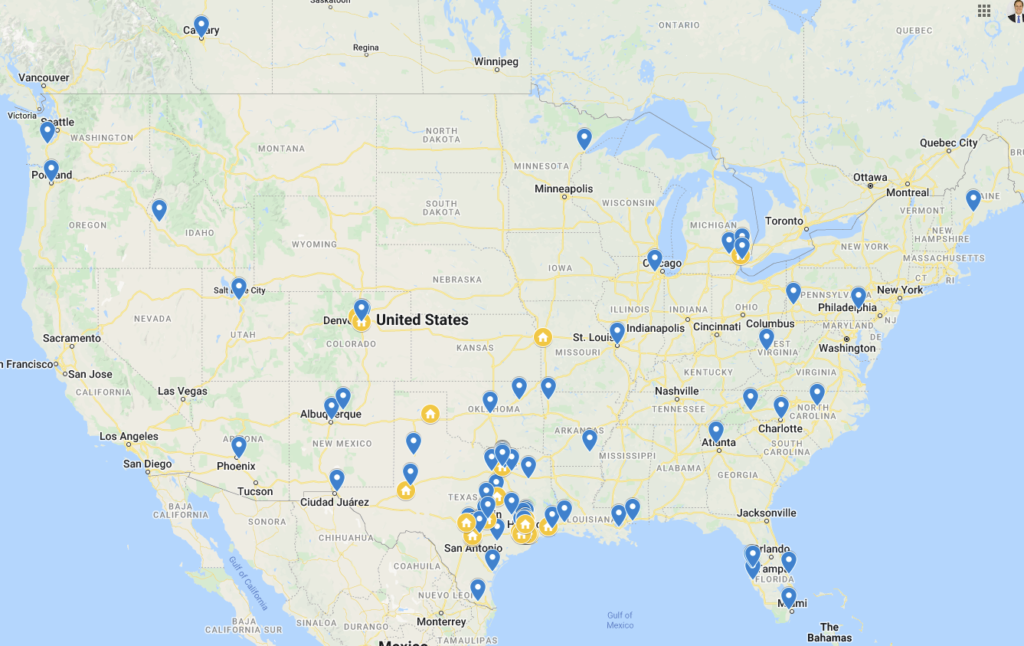Navigating the Cybersecurity Landscape: The Vital Role of Continuous Learning

In the ever-evolving realm of cybersecurity, staying ahead of the curve isn’t just a goal—it’s a necessity. As technology advances and cyber threats become increasingly sophisticated, the importance of continuous learning in this field cannot be overstated. Whether you’re a seasoned cybersecurity professional or just starting your career journey, embracing lifelong learning is key to not only surviving but thriving in this fast-paced industry.
Cybersecurity is not a static field; it’s dynamic, constantly evolving to adapt to new technologies and emerging threats. What was effective yesterday may not be sufficient today, and what works today may be obsolete tomorrow. As such, cybersecurity professionals must adopt a mindset of perpetual growth and adaptation.
The Need for Lifelong Learning
Continuous learning is essential in cybersecurity for several reasons:
- Technological Advancements: With innovations like artificial intelligence, quantum computing, and the Internet of Things (IoT) reshaping the digital landscape, cybersecurity professionals must continuously update their skills to understand and mitigate new risks.
- Evolving Threat Landscape: Cyber threats are becoming increasingly sophisticated, with hackers employing new tactics and techniques to breach systems and steal sensitive data. By staying informed about the latest threats, cybersecurity professionals can develop proactive strategies to defend against them.
- Regulatory Changes: Data privacy regulations such as GDPR and CCPA are constantly evolving, imposing new requirements on organizations and affecting how cybersecurity practices are implemented. Staying abreast of these regulatory changes is crucial to ensuring compliance and mitigating legal risks.
Tips for Continuous Learning in Cybersecurity
- Stay Informed: Follow industry news, subscribe to cybersecurity blogs and newsletters, and participate in online forums and discussion groups to stay updated on the latest trends, threats, and best practices.
- Engage in Professional Development: Pursue certifications such as CISSP, CEH, or CompTIA Security+ to enhance your skills and credentials. Attend conferences, webinars, and workshops to network with peers and learn from industry experts.
- Hands-On Practice: Set up a lab environment to experiment with new tools and technologies. Practice ethical hacking techniques, conduct vulnerability assessments, and simulate cyber attacks to hone your skills and deepen your understanding of cybersecurity concepts.
- Collaborate with Peers: Join cybersecurity communities and online forums where you can collaborate with other professionals, share knowledge, and learn from each other’s experiences. Participate in capture the flag (CTF) competitions and cybersecurity challenges to test your skills and learn new techniques.
- Invest in Continuous Training: Take advantage of employer-sponsored training programs or invest in self-paced online courses to acquire new skills and stay updated on emerging technologies.
In the dynamic and rapidly evolving field of cybersecurity, the quest for knowledge is never-ending. Continuous learning isn’t just a professional obligation—it’s a strategic imperative for staying ahead of cyber threats and safeguarding digital assets. By embracing a mindset of lifelong learning and actively seeking out opportunities to expand your skills and knowledge, you can not only thrive in your cybersecurity career but also make meaningful contributions to protecting the digital world.



Leave a Comment